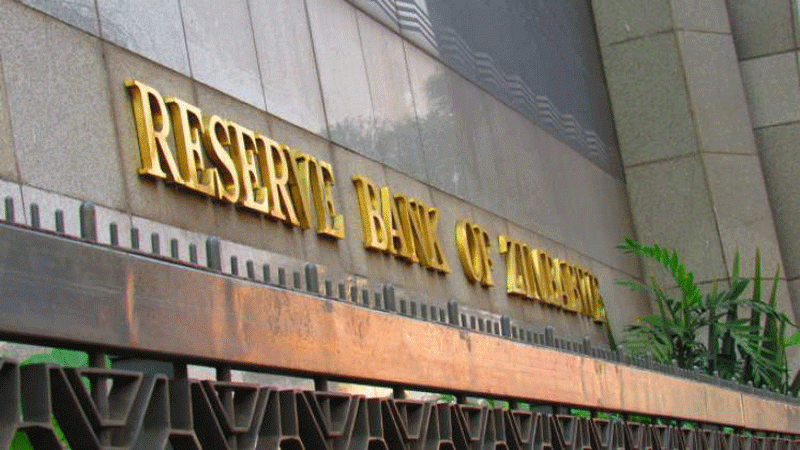
ABOUT 96% of Zimbabwe’s transactions are now taking place on digital platforms, and the introduction of a digital currency was long overdue.
Zimbabwe is one of the world's top gold producers, and the mineral is one of the country’s top foreign currency earners.
Gold is a stable product.
Its use as a currency and store of value is not new, as it has been in existence throughout history.
Trading in gold has undergone several changes over the years.
Nowadays, gold is traded on a global scale.
Trade in gold can be traced back to ancient civilisations, where it was used as a currency and symbol of wealth.
Some reports say gold was mined by Asians in Rhodesia as early as AD 600.
- Chamisa under fire over US$120K donation
- Mavhunga puts DeMbare into Chibuku quarterfinals
- Pension funds bet on Cabora Bassa oilfields
- Councils defy govt fire tender directive
Keep Reading
The use of gold as a currency has continued throughout history.
One of the most significant developments in the history of gold trading was the creation of gold standards, which were systems in which the value of a country's currency was pegged to the value of gold.
This allowed for stable and predictable exchange rates, as the value of gold was relatively stable compared to other commodities.
The gold standard was widely adopted during the 19th and early 20th centuries.
It played a significant role in the global economy.
However, the gold standard was eventually abandoned.
It began trading like other commodities, with its value being determined by forces of supply and demand.
Today, gold is being traded on exchanges around the world.
The largest market for gold is the London Bullion Market Association, which is based in London.
It sets daily prices of gold.
Other major gold markets include the Shanghai Gold Exchange, the New York Mercantile Exchange and the Tokyo Commodity Exchange.
Gold is traded in a variety of forms, including physical gold in the form of coins, bars and jewellery.
It is also traded as financial instruments, such as futures contracts, options and exchange-traded funds.
These financial instruments allow investors to gain exposure to the gold market without actually owning physical gold.
The development of electronic trading platforms has also had a significant impact on the gold market.
It has made it easier for investors to buy and sell gold and other commodities online.
This has increased the gold market’s liquidity, making it more accessible to investors around the world.
Demand for gold can be influenced by a variety of factors, such as economic conditions, political instability and currency values.
Gold is often seen as a safe haven asset during times of economic uncertainty.
It has a track record of maintaining its value during times of financial turmoil.
In recent years, there has been increasing demand for gold from emerging markets such as China and India.
The growing middle class in these countries has led to an increase in demand for jewellery and other gold-based products.
There has also been an increase in demand from central banks around the world, who have been increasing their gold reserves to manage currency fluctuations.
The gold market has also been impacted by advances in technology and the development of new methods for extracting and processing the metal.
For example, the use of cyanide leaching has made it easier and cost-effective to extract gold, which has increased global supply.
In conclusion, the evolution of gold trading has been shaped by a variety of factors, including the development of gold standards, the growth of global markets, the impact of technology and changes in demand.
Gold has remained a valuable and sought-after commodity for centuries.
It is likely to continue to play a significant role in the global economy for years.
Hence, RBZ has jumped on the bandwagon to adopt a digital currency in order to stabilise our ever-depreciating Zimbabwean dollar.
Mutisi is the CEO of Hansole Investments (Pvt) Ltd. He is the current chairperson of Zimbabwe Information & Communication Technology, a division of Zimbabwe Institution of Engineers.







